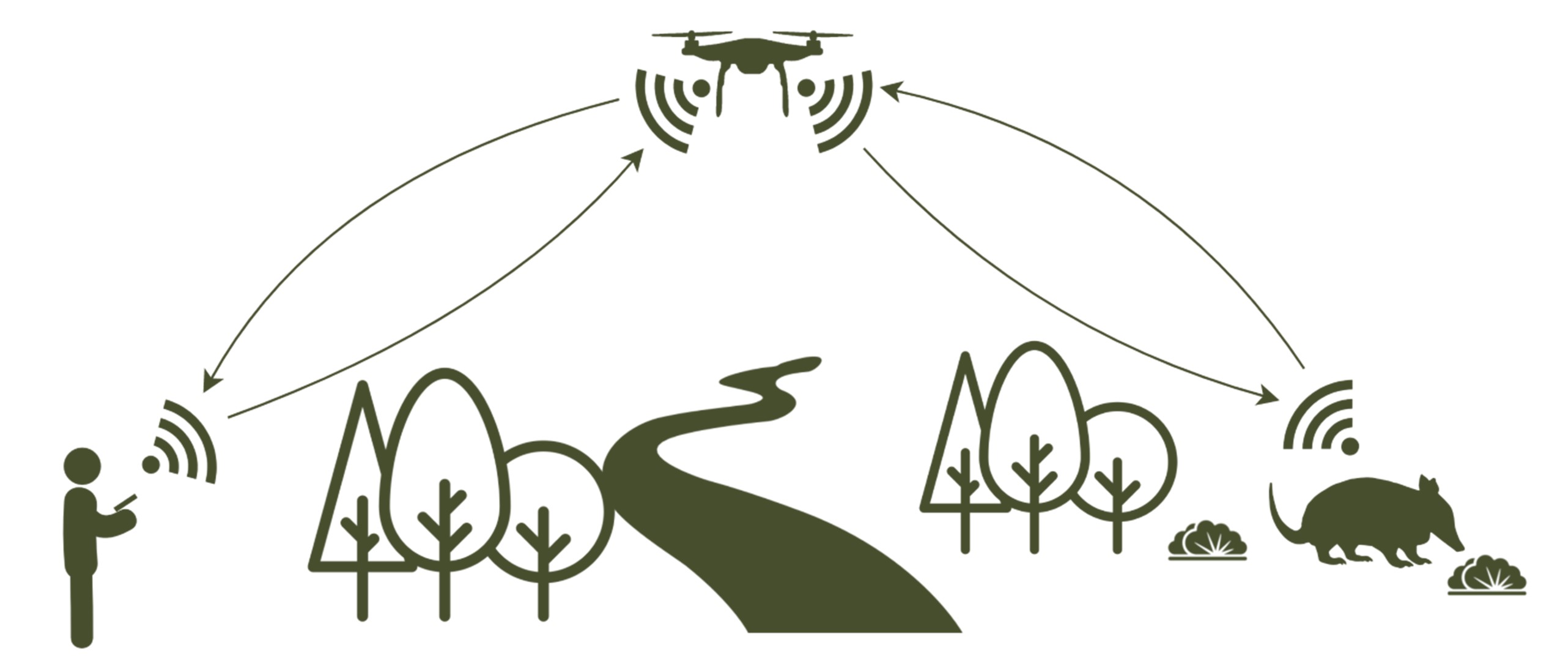Hi all,
I am working for a conservation NGO on a small, remote island with a free roaming giant tortoise population. I was wondering whether anyone has experience with a low-cost GPS animal tracking approach for slow-moving animals (20-150 kg) with a small range (max 5km). It would be relatively easy to find the tortoises and attach the trackers. However, finding them again on a regular basis to read the device's information could become tricky. Is there a way to read the movement information regularly (real-time data would be a highlight) but remotely or half-remotely? What costs would be involved?
There may be the opportunity to get individual devices funded by private donors, however, in exchange they would likely want to see something 'fancy', such as online retrievable information (i.e. the whereabouts of 'their' tortoise). Is there something like this?
I am very grateful for any tips or information about trackers and your experience with them.
Many thanks,
Lisa
2 May 2025 2:08pm
Hi Elisabeth,
Our TagRanger system would be an ideal solution for this project. TagRanger is based around LoraWAN and allows you to pop up your own ad hoc Tag network with a lot of features for tracking and finding Tags. Our handheld 'Finder' device is you network, and pairs with your phone to map Tag positions and journey paths while also giving you live access to Tag positioning with 'ranging' capability to allow you to home in on your Tag when you want to find it.
We also have a capability to put 'relay' devices on a drone, mast or other high point to massively increase range or to mitigate issues with forest/jungle/hills blocking coverage.
Please let me know if you'd like any further information! https:\\www.tagranger.com


5 May 2025 8:47pm
Hey Lisa,
There are plenty of off-the-shelf, low-cost GPS archival tags that you could attach, but as you note, getting the data off without recovery is where you transform from low-cost to "higher" costs. Coupling a low-cost GPS archival tag with a UHF or VHF radio tag and a handheld receiver might be one of the cheapest ways to go. There are a number of radio-tag manufacturers that you can look into that have such devices (present company included).
If you want a tag to collect GPS locations and transmit that data through some means (cellular or satellite), your low-cost application quickly turns into a high-cost application. For example, on the low end our GSM-based tags around in the $1600 range and our satellite-based tags are in the $2500 range. Then you also have the data service costs to consider.
...just some initial thoughts
30 May 2025 4:33pm
I'm currently working on a satellite tracker intended to be affordable and open as possible. Depending on where your tortoises are we may be able to help/loan some kit get you early access. It's easy to integrate into a snazzy website. Let me know if you're interested.
16 June 2025 12:33pm
Hi Lisa,
we specialize in GPS tracking solutions for wildlife across a wide range of species, including slow-moving animals like tortoises.
Our GPS collars/tags are highly customizable, and we can offer lightweight solutions suitable for animals in the 20–150 kg range. For situations like yours, we recommend our satellite-based tag (weighs about 100g), which transmit data directly to our servers. This allows for remote and near real-time access to animal location data — no need to retrieve the collar to get information. This setup would also allow donors to view the location of their “adopted” tortoise via our platform (Mi Savannah) which is a phone application or even through custom visualizations like Google Earth. We have successfully deployed two such solutions on tortoises in Seychelles.
We’d be happy to explore a cost-effective and donor-friendly solution with you. Please feel free to reach out to us at info@savannahtracking.com so we can discuss the technical options and pricing based on your specific customizations.











Craig Rackstraw